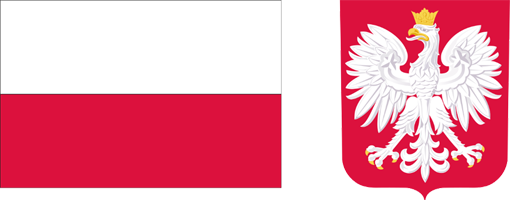Current issue
Archive
About the Journal
Aims and Scope
Advisory Board
Members of the Editorial Board
List of reviewers
Publishing process
Publishing Ethics and Malpractice Statement
Personal data protection (GDPR)
Creative Commons License
CrossRef Member / Similarity Check
For Authors
Call for papers
Guidelines for authors
Submitting a manuscript through the editorial system – step by step
For Reviewers
Peer review process
Guidelines for reviewers
Submitting a review – step by step
Contact
RESEARCH PAPER
VAT IN THE OPERATION OF FARMS IN 2010-2013
1
Instytut Ekonomiki Rolnictwa i Gospodarki Żywnościowej – Państwowy Instytut Badawczy Warszawa
Acceptance date: 2016-05-30
Publication date: 2016-05-30
Zagadnienia Ekonomiki Rolnej / Problems of Agricultural Economics 2016;347(2):143-161
KEYWORDS
ABSTRACT
Agricultural activity in Poland, just like business activity, is covered by VAT scheme. In agriculture it is permissible to settle VAT under general principles or as flat-rate. Settlement of VAT under general principles is voluntary, except for farmers keeping account books. From the subject literature it follows, however, that increasingly more often farmers choose the status of an active VAT payer; such trend was also observed among Polish FADN farms. The paper analyses the results of VAT settlement under general principles at farms forming a panel in 2010-2013, grouped according to economic size. Regardless of the economic size class, in each group the average VAT balance always showed a negative value, which meant refund of overpaid VAT to the farm. The VAT amount to be refunded was considerably increased by the VAT output, included in investment purchases. It can be assumed that investments were the main stimuli to resign from the status of flat-rate farmer. The amount of refunded VAT for farmers – active VAT payers, is not a component of family farm income (FFI), just like in the case of other taxpayers. It is a separate value, undoubtedly generating monetary income of a farmer, which over the four years in the researched farms constituted a huge support for them. A cut on investments and better effects of farming can result in reversal of the VAT settlement effect to the advantage of the Tax Office. Then a farmer can return to the flat-rate status, but one of the conditions of leaving the VAT scheme is the necessity to adjust the deducted VAT, which may not be favourable for the farmer.
We process personal data collected when visiting the website. The function of obtaining information about users and their behavior is carried out by voluntarily entered information in forms and saving cookies in end devices. Data, including cookies, are used to provide services, improve the user experience and to analyze the traffic in accordance with the Privacy policy. Data are also collected and processed by Google Analytics tool (more).
You can change cookies settings in your browser. Restricted use of cookies in the browser configuration may affect some functionalities of the website.
You can change cookies settings in your browser. Restricted use of cookies in the browser configuration may affect some functionalities of the website.



